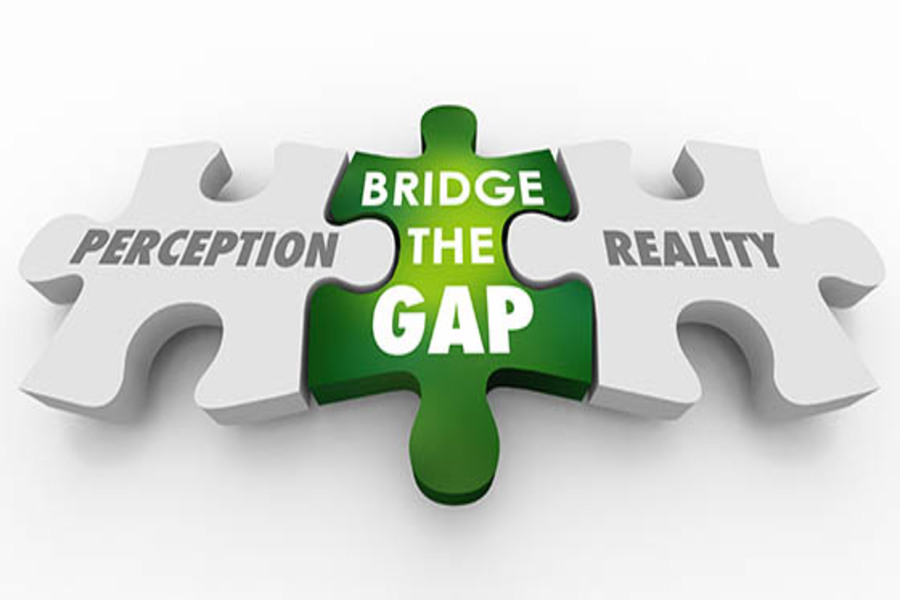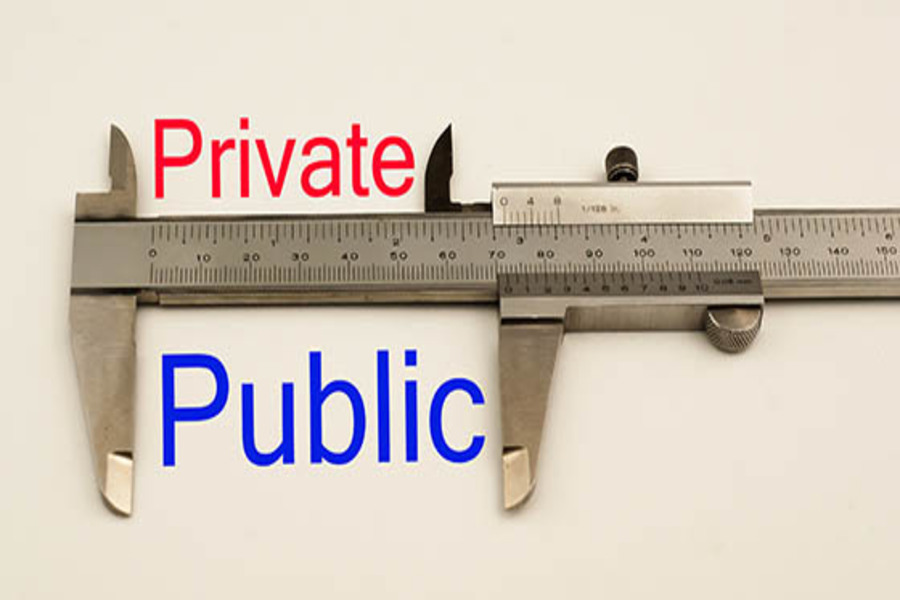A business interest’s value is more than just a number to its owner. It represents years of hard work, sacrifice and investment. Owners often believe they have a clear understanding of their company’s worth. But emotions and optimism about future earnings can cloud their perception. Let’s look at psychological factors that may affect owners’ value perceptions — and why the numbers might tell a different story. Personal circumstances may affect value perceptions Business owners often excel at estimating competitors’ values but tend to overestimate their own companies’ values, largely because that value is tied to their personal net worth. However, an owner’s skills, reputation and experience may not be transferable to a third-party buyer — meaning the business could be worth less than the owner anticipates. Moreover, some...

To determine how much a business is worth, a valuation professional must develop a comprehensive understanding of how it runs. Financial statements and tax returns tell only part of the story. In-person inquiries provide additional insights that can significantly impact value conclusions. Owner and manager interviews If a valuator hasn’t previously toured a company’s facilities, expect him or her to request a site visit soon after being hired. This gives the expert an opportunity to observe business operations and interview company personnel. Depending on the company’s size and the engagement’s confidentiality requirements, the valuation expert might want to talk to managers from various departments in addition to the owner(s) and other top leaders. Interviews typically cover a broad range of subjects, including but not limited to: Operations history, ...
Global merger and acquisition (M&A) volume is expected to surpass $4 trillion in 2025, the highest in four years, according to Reuters. Reasons for the anticipated surge include recent interest rate cuts by the Federal Reserve and GOP promises of fewer regulations and lower taxes for U.S. businesses and their owners. Tariffs — if enacted — also could spur consolidation in certain industries. If your business is planning to jump on the M&A bandwagon, working with a business valuation professional can help during this exciting — but stressful — process. Getting your business sale-ready Business buyers are most interested in a company’s core competencies. Nonessential items — such as underperforming segments, nonoperating assets, shareholder loans and minority investors — complicate a deal. An experienced business valuation pro can...
Before you contact a business valuation professional, ask yourself the following five questions to help streamline the valuation process and avoid unnecessary confusion down the road: (1) Who’s hiring the valuator? The party that hires a valuation expert is typically responsible for putting up a retainer and paying the invoices. Attorneys may ask the client to hire the valuator directly to avoid collection issues. However, attorneys sometimes hire the valuator directly to help preserve attorney-client privilege. When businesses are valued for non-litigation purposes, the company (or its owners) typically assumes responsibility for hiring and paying the valuator. (2) What’s being valued? Identify exactly what’s being valued. Provide the valuator with basic information, such as: The company’s name, The type of entity (S corporation, partnership or trust), and The...
When a marital estate includes an interest in a closely held business, determining its value for purposes of dividing up assets for a divorce settlement can be challenging. Additionally, part or all of the business may be excluded from the marital estate, depending on state law, legal precedent and prenuptial agreements between the spouses. A business valuation professional can help the parties achieve a fair outcome. 2 components of value The value of a business can be broken down into two pieces. First up are tangible (or hard) assets. Examples include such items as cash, receivables and equipment. Most of these items are recorded on a company’s balance sheet. The difference between the combined market values of tangible assets and liabilities (such as payables and bank debt)...
Do-it-yourself business valuations and the use of unqualified financial experts can increase the odds of making an error, misstatement or erroneous deviation from customary valuation practice. These faux pas could trigger (or worsen) an IRS inquiry or perhaps lead to an embarrassing courtroom mishap. Here are three common valuation pitfalls that qualified valuation professionals are specifically trained to avoid. Outdated data Business valuations are contingent on the subject company’s financial health, industry trends and general economic conditions on the valuation date. Like the balance sheet, they’re valid as of a specific point in time. As conditions change, a company’s value may change. To illustrate: Consider the novice appraiser who valued an event planning company using comparable data from the last 20 years. In the wake of the COVID-19 pandemic...
Divorce is never easy. But when the marital estate includes a private business interest, matters can become especially complicated. Here are some challenges that may be encountered when divorce proceedings require a business valuation. Data sharing Because divorce often is adversarial, the parties may withhold or slant information to protect their financial interests. For example, a spouse who owns a business might intentionally limit the opposing expert’s access to documents, facilities or management personnel. Or the owner-spouse might alter accounting records or hide assets. A valuation expert who’s involved in the discovery phase can compile a list of key documents and procedures to request from the judge. It’s important to obtain court approval of document requests, site visits and management interviews even in amicable cases, because in divorce...
Business valuation professionals often use public stock market data to value private businesses — even though there are critical differences between closely held and publicly traded companies. Here’s an overview of how valuators modify their analyses to take advantage of objective, market-based indicators of value. Recognizing key differences Public companies differ from private ones in the following five critical ways: Level of oversight, differing goals. The Securities and Exchange Commission requires public companies to file paperwork (such as annual 10-K forms) and comply with its rules and regulations (such as the Sarbanes-Oxley Act). Private businesses are generally exempt from these requirements, freeing them to focus less on earnings per share (a short-term performance metric) and more on long-term or non-financial goals. Additionally, private businesses commonly downplay...
In adversarial situations — such as divorces, contract breaches and shareholder disputes — you might need to hire an outside business valuator to evaluate complex financial matters. To get the most from these professionals, it’s important to understand the two key roles they can play in conflict resolution. Keeping these roles separate helps prevent valuators from being seen as “hired guns” by judges, juries, arbitrators and mediators. Expert witnesses Valuators often serve as expert witnesses in litigation. In this role, they may provide written opinions and verbal testimony on financial issues concerning: The value of a business, including the fair market value or fair value of a specific owner’s business interest, Economic damages, including temporary lost profits and diminution in business value, Formal rebuttal of...
Valuing a business requires more effort than just plugging numbers from the financial statements into a spreadsheet or artificial intelligence software program. A valuation professional needs a comprehensive understanding of business operations. Financial statements, tax returns and marketing materials tell only part of the story. Site visits can help bridge the gap, especially in adversarial situations. Touring the facilities During site visits, valuators tour the company’s facilities with the following questions in mind: Do the company’s operations appear efficient and organized? Do employees and managers seem competent and productive or disgruntled, overworked or adversarial? Are there any capacity constraints? What is the condition of the company’s property, plant and equipment (for example, any obsolete, unused, unrecorded or nonoperating assets)? For retail operations, does the company have adequate...











